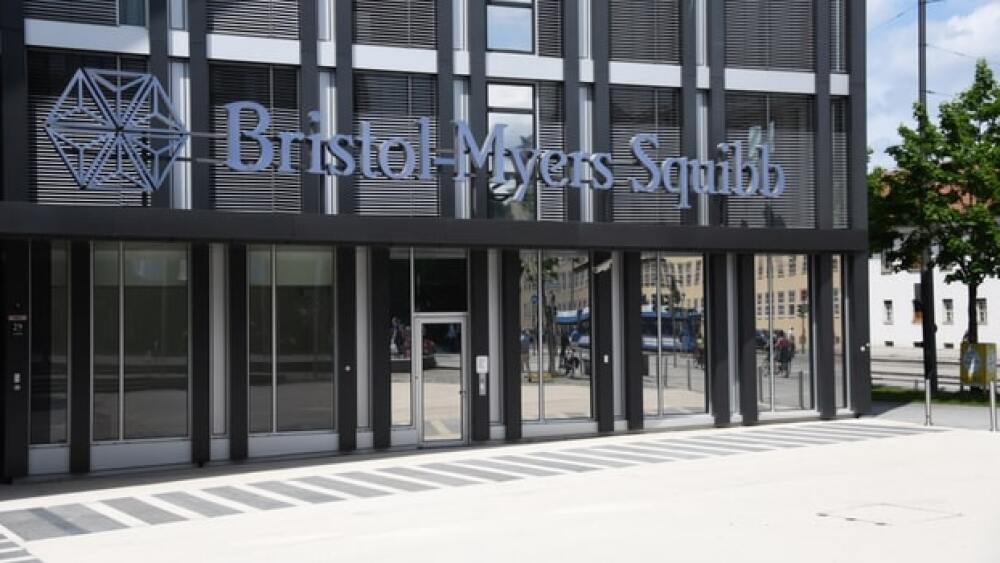Without an approval for liso-cel, Bristol Myers Squibb said the CVRs have now been terminated, are no longer eligible for payment and will no longer be allowed to trade on the New York Stock Exchange.
nitpicker/Shutterstock
The $9 Celgene Contingent Value Rights (CVR) payout is dead. The clock struck midnight on New Year’s Eve, ushering in a new year, and the U.S. Food and Drug Administration (FDA) did not approve the cancer drug liso-cel (lisocabtagene maraleucel) by the required Dec. 31 deadline.
The Dec. 31 deadline was one of three required milestones for the $9 CVR. Without an approval for liso-cel, Bristol Myers Squibb said the CVRs have now been terminated, are no longer eligible for payment and will no longer be allowed to trade on the New York Stock Exchange. There were approximately 715 million CVR notes in circulation. If those three milestones had been met, the notes would have paid out $6.4 billion to investors.
The CVR hinged on U.S. regulatory approval of three drugs, Zeposia, ide-cel and liso-cel. Celgene’s multiple sclerosis drug Zeposia (ozanimod) was approved in March. The FDA accepted the Biologics License Application for ide-cel, an investigational B-cell maturation antigen (BCMA)-directed chimeric antigen receptor (CAR) T cell immunotherapy, under priority review in September. The ide-cel deadline for the CVR was set for March 31, 2021.
Liso-cel, an investigational chimeric antigen receptor (CAR) T-cell therapy designed to target CD19 in B-cell cancers, had been on track for regulatory approval by Nov. 16. However, that timeline had been thrown off by the ongoing global pandemic. In November, Bristol Myers Squibb, which merged with Celgene last year, said COVID-19 delayed travel for U.S. Food and Drug Administration inspectors who were set to inspect a third-party manufacturing facility in Texas before the PDUFA date. Because the regulatory agency could not ensure that the manufacturing facility meets its standards, it has deferred potential approval of liso-cel until the inspection can be completed.
In late December, there was some hope that facility could still be reviewed. The FDA posted an inspection document for a manufacturing facility in Washington owned by Juno Therapeutics, which was acquired by Celgene in 2018. That facility was also set to manufacture liso-cel should it be approved, in addition to the Texas site. CVR note holder hoped that signaled the FDA was also set on reviewing the Texas manufacturing site, but that did not happen.
This isn’t the first delay for liso-cel that jeopardized potential approval. Earlier in 2020, the FDA delayed review of the BLA for liso-cel by three months, which gave it the Nov. 16 PDUFA date.
Bristol Myers Squibb said it continues to work closely with the FDA to support the ongoing review of the Biologics License Application for liso-cel and is committed to bringing this therapy to patients. The FDA has not provided a new Prescription Drug User Fee Act (PDUFA) date for liso-cell, BMS noted in its brief New Year’s Day announcement.
The BLA for liso-cel is based on the safety and efficacy results from the TRANSCEND NHL 001 trial, evaluating liso-cel in 268 patients with R/R large B-cell lymphoma, including diffuse large B-cell lymphoma (DLBCL), high-grade lymphoma, primary mediastinal B-cell lymphoma and Grade 3B follicular lymphoma. TRANSCEND NHL 001 is the largest study of CD19-directed CAR T cells to support a BLA to date.





